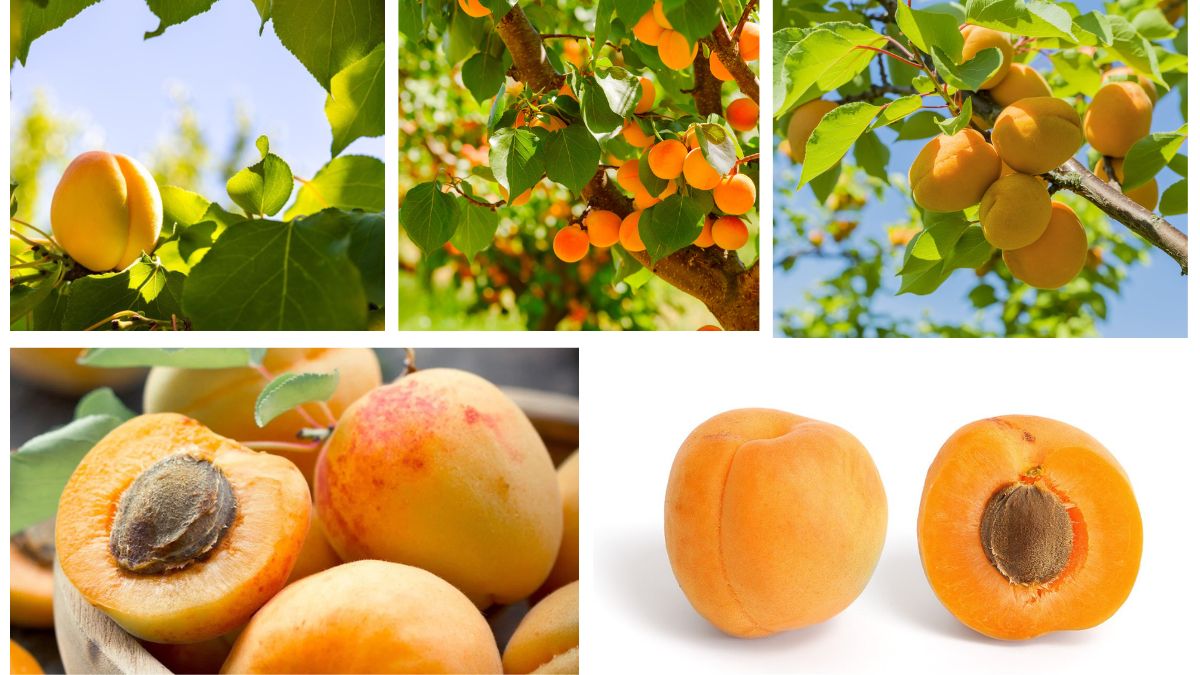Famous for their sun-kissed golden-orange hue, tender flesh, and delicate sweetness, apricots are among the world’s most loved stone fruits. Beyond their delicious flavor, apricots are prized for their high nutritional value and versatility, enjoyed fresh, dried, or preserved in jams and desserts. As global demand for this nutritious fruit continues to rise, apricot cultivation has expanded to several countries — but one nation stands out as the dominant force in apricot harvesting.
In this comprehensive guide, we’ll uncover the global apricot industry’s scope, delve into the history of its cultivation, explore production trends, and finally reveal which country leads the world as the largest apricot harvester.
Introduction to Apricot Cultivation
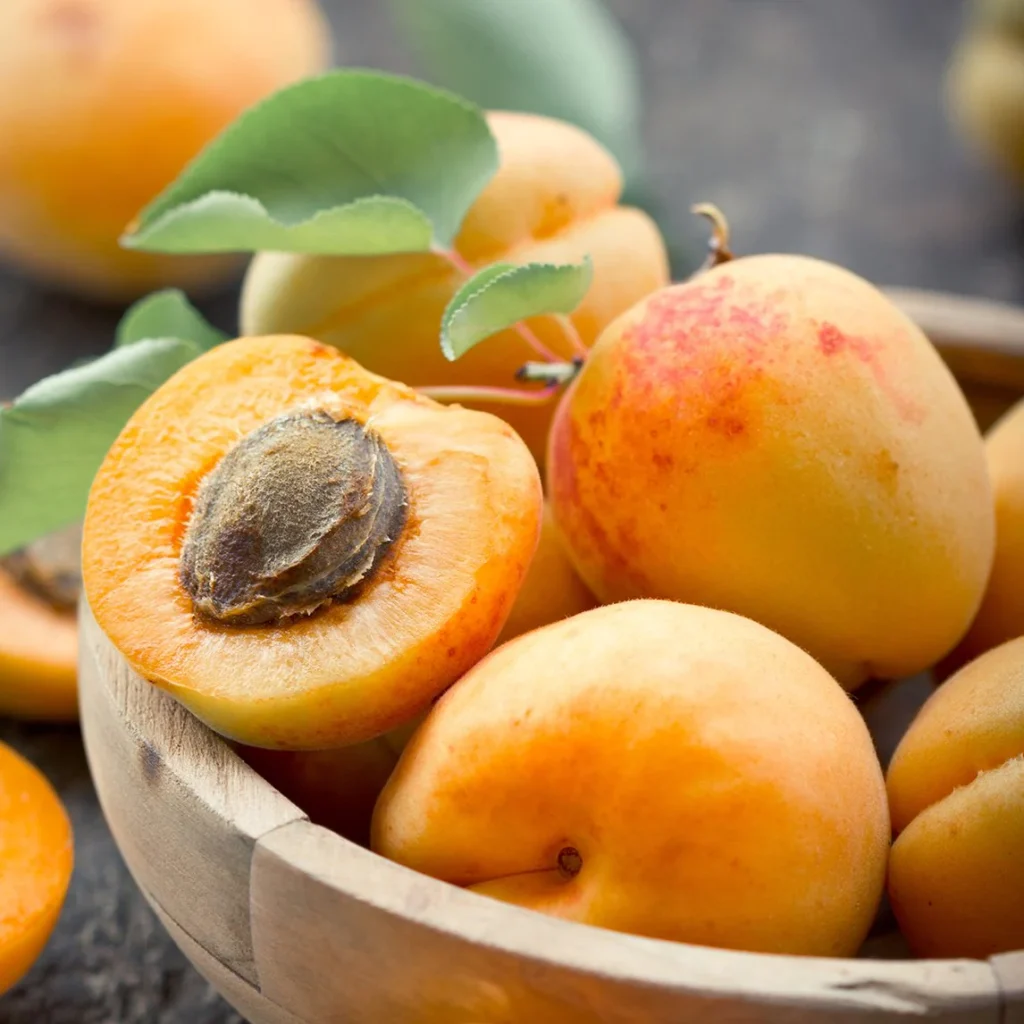
The apricot (Prunus armeniaca) is a small, round, and slightly tart stone fruit believed to have originated in Central Asia or Western China, though it’s been cultivated in parts of Armenia, Persia (modern-day Iran), and the Mediterranean for over 3,000 years. The name “apricot” derives from the Latin praecocia, meaning “early ripening fruit.”
Apricots belong to the Rosaceae family, closely related to peaches, plums, cherries, and almonds. The fruit thrives in temperate regions with cold winters and warm, dry summers — conditions that ensure ideal flowering, fruit set, and ripening.
Popular apricot varieties include:
- Tilton
- Moorpark
- Goldrich
- Hunza
- Chinese Apricot
Global Apricot Production Overview
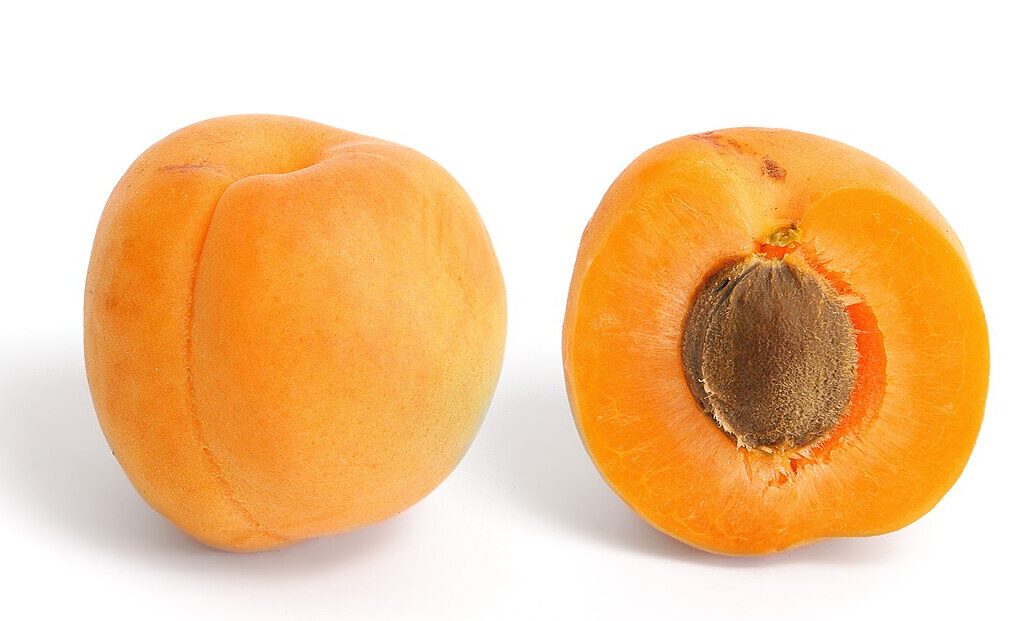
Apricot cultivation is a significant agricultural activity in numerous countries, particularly in Europe, Central Asia, the Middle East, and parts of North Africa. The global demand for fresh apricots, dried apricots, and apricot-based products like jams, oils, and confectionery has contributed to the fruit’s expanding cultivation area.
Major apricot-producing countries include:
- Turkey
- Uzbekistan
- Iran
- Italy
- Algeria
- Pakistan
- Afghanistan
- Spain
But one country consistently ranks as the world’s largest apricot harvester, leading both in production quantity and export volume.
Which Country Is the Largest Apricot Harvester in the World?
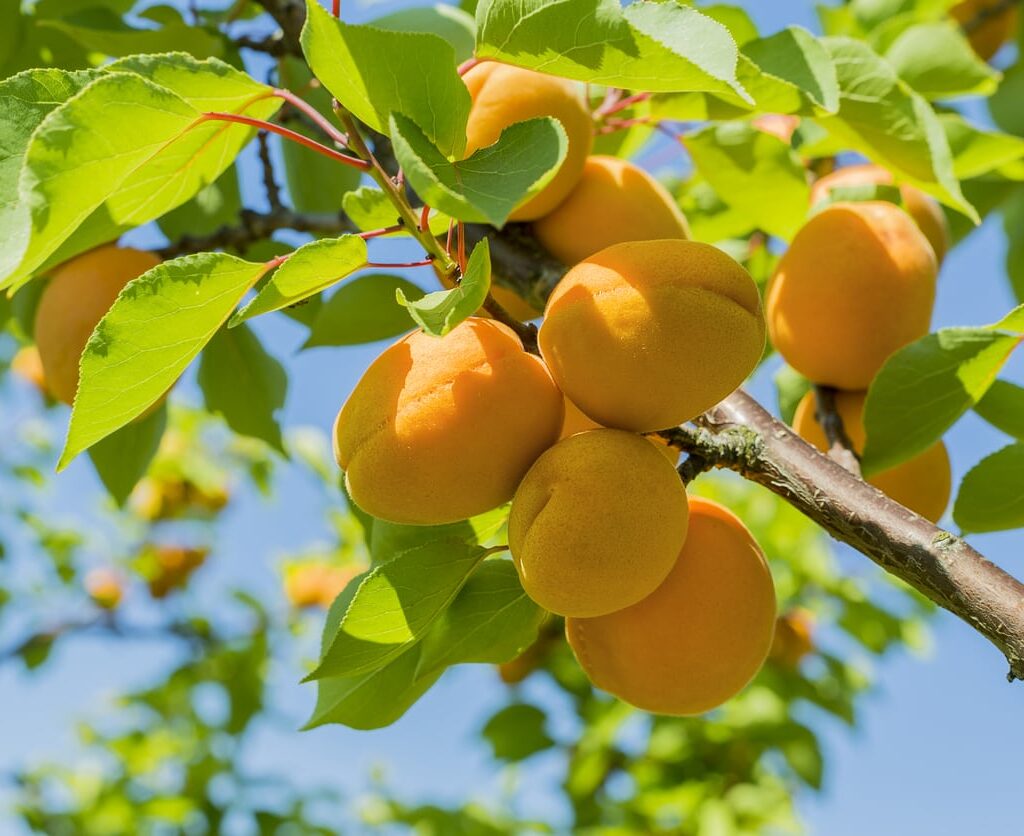
Turkey is currently the largest apricot harvester in the world, producing an impressive share of the global apricot harvest.
According to recent statistics from the Food and Agriculture Organization (FAO), Turkey consistently yields over 800,000 to 900,000 metric tons of apricots annually, securing its position at the top of the global apricot market.
This Mediterranean country’s combination of ideal climatic conditions, advanced agricultural practices, and centuries of apricot-growing tradition make it the undisputed leader in apricot harvesting.
Why Is Turkey the Top Apricot Harvester?
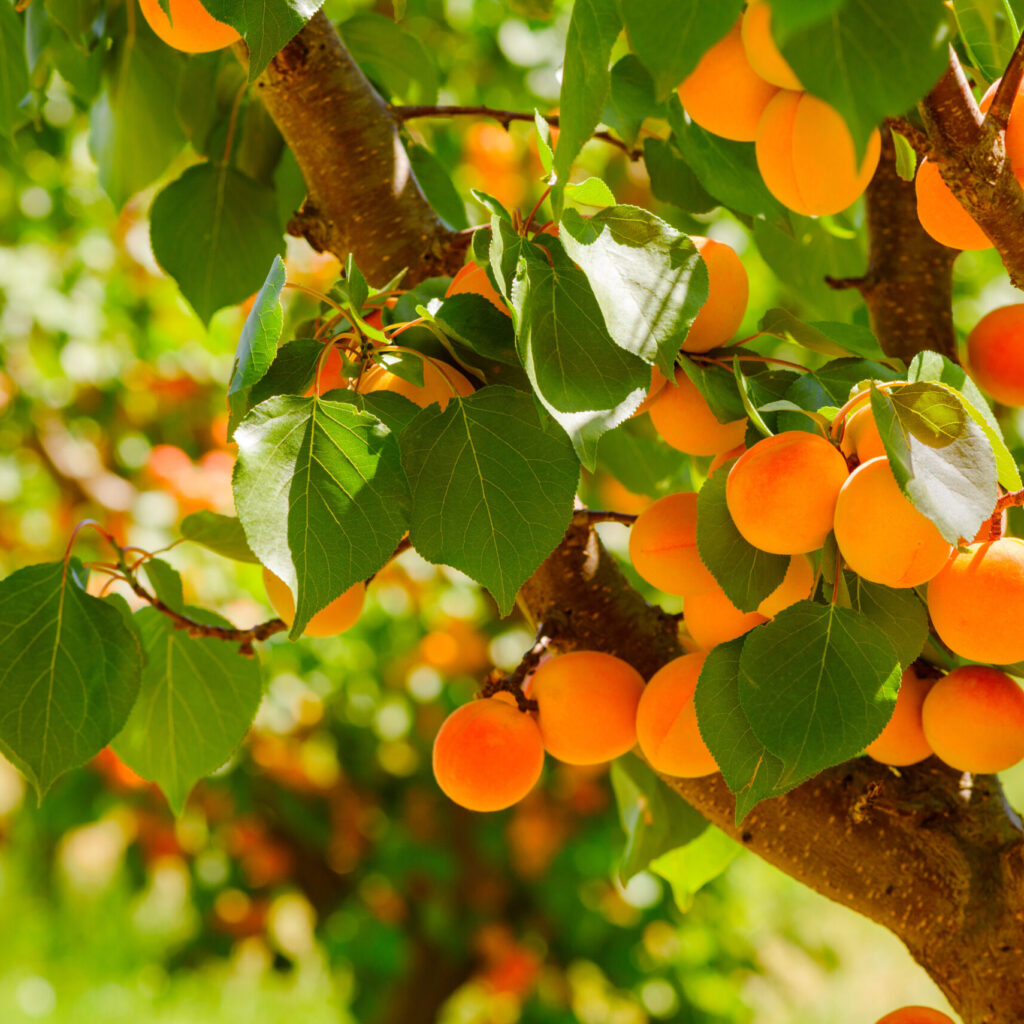
Several key factors contribute to Turkey’s dominance in global apricot production:
1. Ideal Climate and Geography
Turkey’s geography and climate are naturally suited for apricot cultivation. The country experiences hot, dry summers and cold, frosty winters — the optimal conditions for apricot trees, which require a chilling period for dormancy followed by a warm growing season.
2. Malatya: The Apricot Capital
The eastern province of Malatya is famously regarded as the “Apricot Capital of the World.” This region alone accounts for more than 80% of Turkey’s apricot production and is renowned for producing some of the highest-quality fresh and dried apricots globally.
The Malatya apricot has earned Protected Designation of Origin (PDO) status in the European Union, highlighting its distinctiveness and superior quality.
3. Centuries of Horticultural Expertise
Apricots have been grown in Turkey for over 2,000 years, and the country has preserved ancient horticultural traditions while embracing modern farming techniques. This combination of experience and innovation has led to consistently high yields and excellent fruit quality.
4. Large-Scale Commercial and Smallholder Farming
Turkey’s apricot industry benefits from both large-scale commercial orchards and smallholder farms. This structure allows for extensive production capacity while maintaining fruit diversity and traditional varieties.
5. Export Strength
Turkey is not only the largest harvester but also the leading exporter of dried apricots, supplying markets in Europe, the United States, Russia, and the Middle East.
Other Major Apricot Harvesters
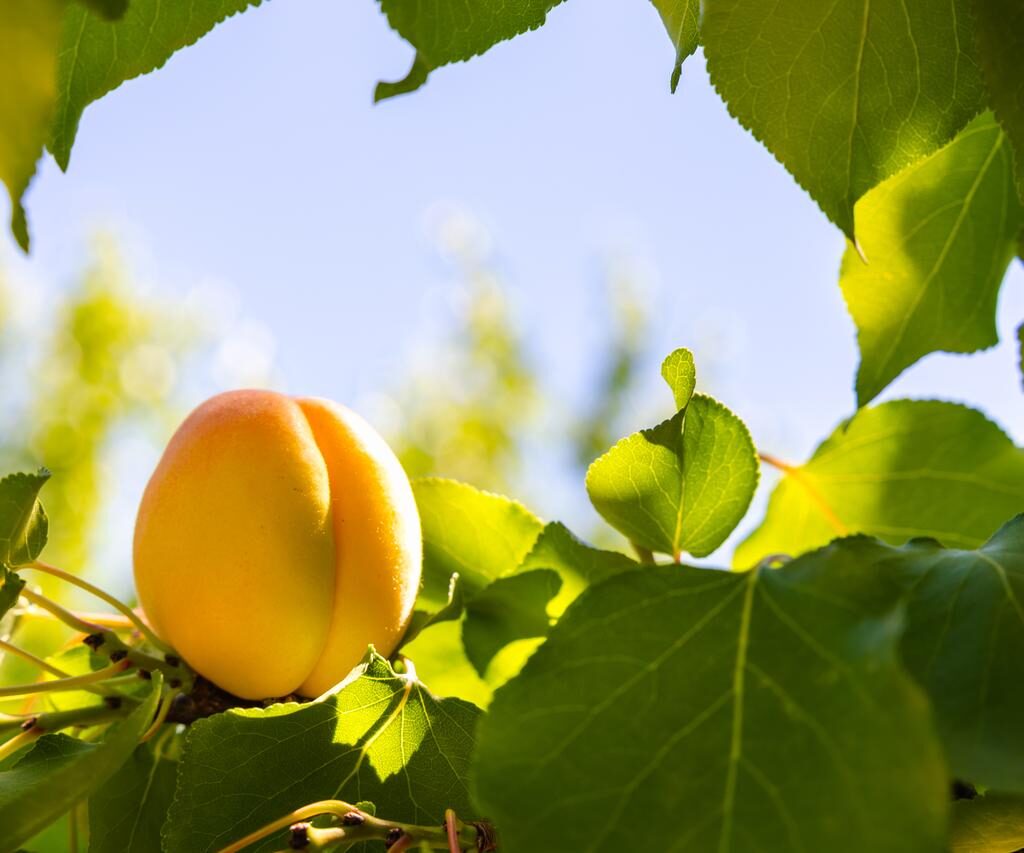
While Turkey leads by a wide margin, several other countries contribute significantly to global apricot production:
Uzbekistan
Uzbekistan ranks as the second-largest apricot producer globally, with an annual harvest of approximately 500,000–600,000 metric tons. The country’s Samarkand and Fergana regions are particularly known for their flavorful, sun-dried apricots.
Iran
Iran produces around 300,000–350,000 metric tons of apricots annually. Apricots hold cultural and culinary importance in Iranian cuisine, commonly used in traditional stews, desserts, and dried fruit assortments.
Italy
Italy remains Europe’s second-largest apricot producer after Turkey, with an annual yield of about 250,000–300,000 metric tons. Most apricots are grown in Southern Italy, particularly Campania and Emilia-Romagna.
Algeria
Algeria produces around 200,000–220,000 metric tons annually, with apricots being a significant component of its fruit-growing industry. The country’s high plateaus and arid valleys provide ideal growing conditions.
Pakistan and Afghanistan
Both countries collectively produce approximately 300,000 metric tons annually. In mountainous regions like Hunza Valley, apricots are a vital part of the local diet and economy.
Global Apricot Trade Dynamics
Interestingly, although Turkey leads in production, it’s particularly dominant in the dried apricot export market. Nearly 80% of the world’s dried apricot exports come from Turkey, especially from the Malatya region.
Major importing countries include:
- Germany
- Russia
- France
- United Kingdom
- United States
- Saudi Arabia
Fresh apricot exports are also growing steadily, but international trade can be limited by the fruit’s delicate, perishable nature.
Health Benefits of Apricots
Apricots aren’t just delicious — they offer a wealth of health benefits:
- Rich in vitamins A, C, and E
- High in dietary fiber, promoting digestion
- Abundant in antioxidants, helping to combat free radicals
- Good for eye health, due to beta-carotene content
- Hydrating, as fresh apricots contain over 85% water
- Used in traditional herbal remedies for respiratory and digestive ailments
Dried apricots are a concentrated source of nutrients, making them a popular choice for healthy snacking worldwide.
Challenges in Apricot Harvesting
Despite favorable conditions, apricot cultivation faces several challenges:
- Climate sensitivity: Apricot trees are highly susceptible to spring frosts, which can damage early blossoms and reduce yields.
- Market price fluctuations: Oversupply or unfavorable weather can impact domestic and export prices.
- Pests and diseases: Common threats include aphids, fruit flies, and fungal diseases like brown rot.
- Post-harvest handling: Apricots are delicate fruits requiring careful storage, packaging, and transportation to maintain quality.
The Future of Apricot Production
Global apricot production is expected to grow moderately as demand for fresh and dried apricots increases in health-conscious markets. Innovations shaping the future include:
- Frost-resistant cultivars
- Organic apricot farming
- Improved irrigation techniques
- Sustainable pest management
- High-tech sorting and packaging systems
Emerging markets in Asia, Africa, and the Americas are also expanding apricot cultivation, though Turkey remains firmly in the lead.
Conclusion
To conclude, Turkey is the world’s largest apricot harvester, producing over 800,000 metric tons annually and setting the global standard for both fresh and dried apricots. Its unique geography, favorable climate, and centuries-old horticultural heritage make it an unrivaled leader in apricot production.
While countries like Uzbekistan, Iran, and Italy maintain significant harvests, none come close to Turkey’s scale and export dominance. As global demand continues to rise for nutrient-rich, versatile fruits, apricots will remain a prized harvest, with Turkey at the heart of this golden-hued industry.
